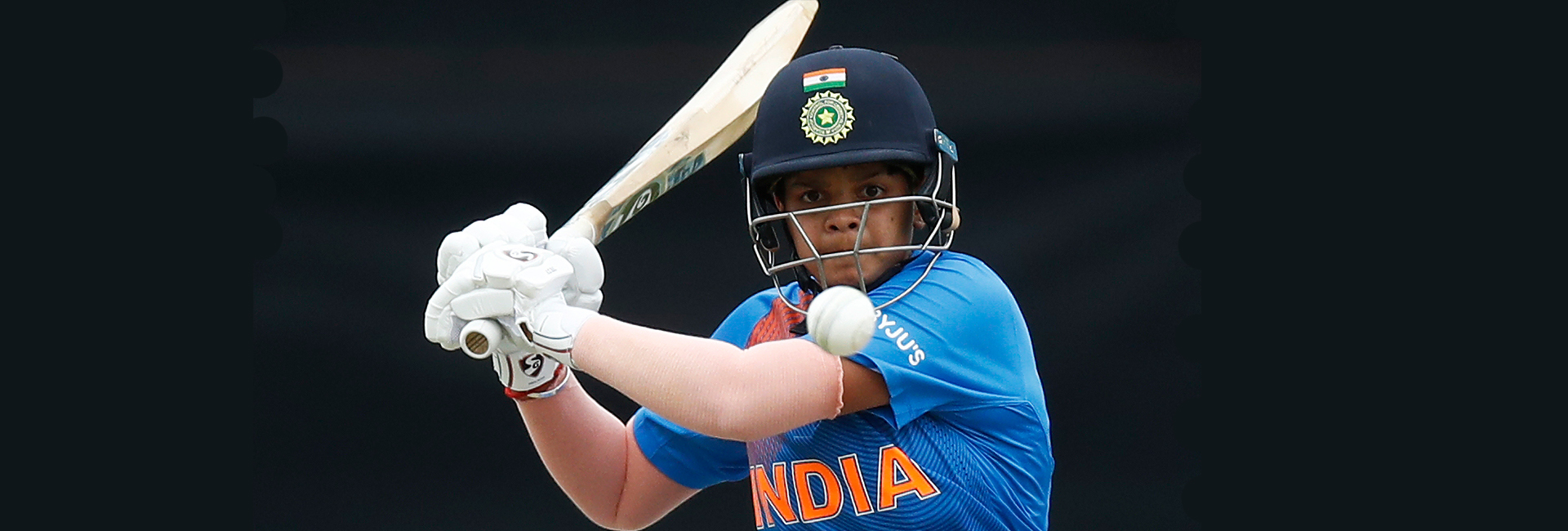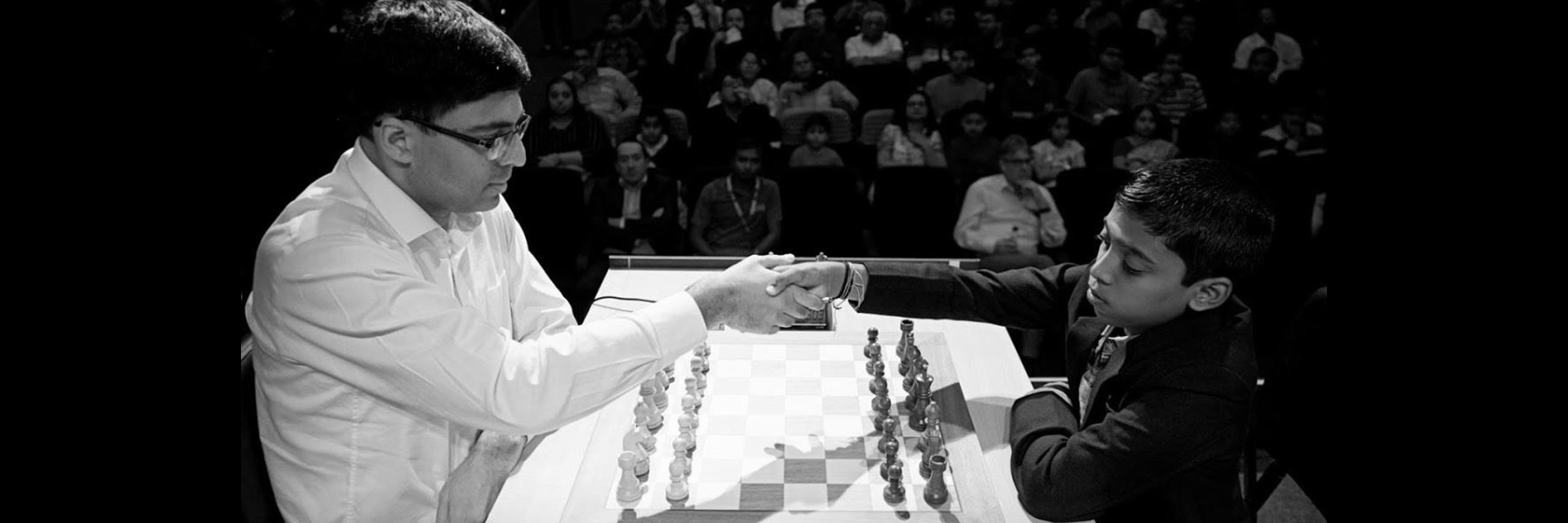(July 13, 2022) She was quite young when she first stepped on a cricket pitch. Disguised as her brother, who was sick, Shafali Verma played at the under-12 national school championship and ended up winning the Player of the Match award. A first-class cricketer today, this Rohtak girl has carved a niche for herself in the world of cricket. The youngest Indian cricketer to play in an international match, Shafali was just 15 when she was selected to play at the Women’s 20 International Series. Interestingly, the teen prodigy became the youngest Indian half-centurion, while playing against West Indies during her debut series. Her first international series turned out to be a great one. Scoring 158 in just five matches, she became the player of the series, garnering lots of attention for her fantastic performance.
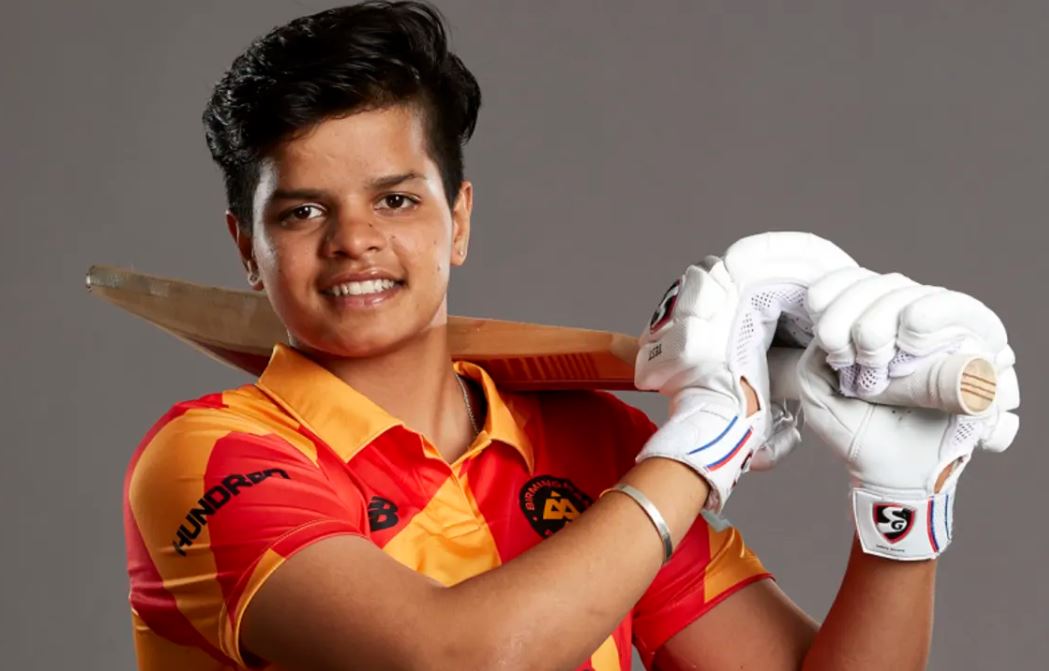
Shafali Verma, Indian cricketer
By 2021, the 2004-born Haryana girl had built a good repertoire – becoming the youngest player to represent India in all three formats of international cricket at the age of 17 years. Her brilliant performances earned her a place in the Indian team up for the 2022 Women’s Cricket World Cup, to be held in New Zealand. Global Indian looks at the extraordinary journey of this brilliant, young player.
Off her own bat
Daughter of a jewellery shop owner, Shafali has been playing cricket since she was just eight years old. The young cricketer was trained by her father, Sanjeev, who once aspired to be a cricketer himself. A strict mentor, Sanjeev devised a rigorous training schedule for his daughter. However, he would also give her a reward of ₹5 whenever Shafali would hit a sixer at the local ground. Recognising that Shafali could make an excellent cricketer, her father later made her join the Ram Narayan Cricket Club, Rohtak.
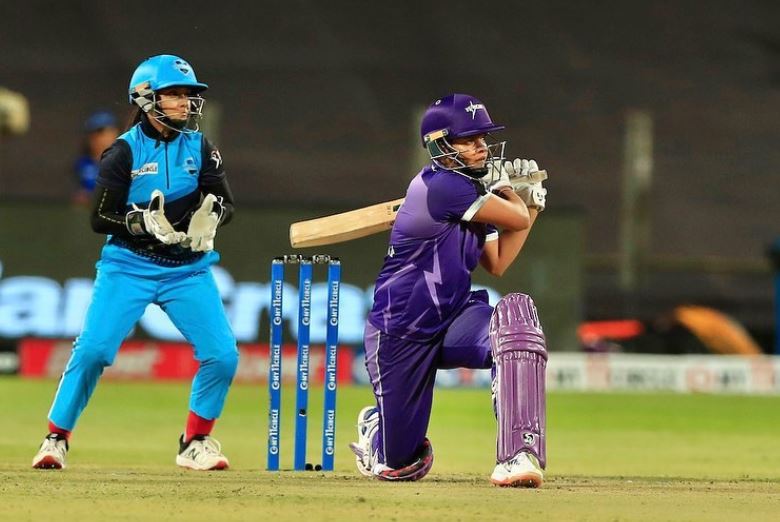

Shafali Verma representing IPL Velocity at a match in Pune
Crediting her father for her success, Shafali wrote on her social media, “I am who I am today because of my father. He has always been the most supportive and friendly dad in the world.” But, her father wasn’t her only inspiration. Not unlike other cricketers, Shafali too idolised one of the greatest cricketers of all times, Sachin Tendulkar. “The reason I took up cricket is because of Sachin sir. My family has just not idolized but worshipped him,” she had once mentioned in a post.
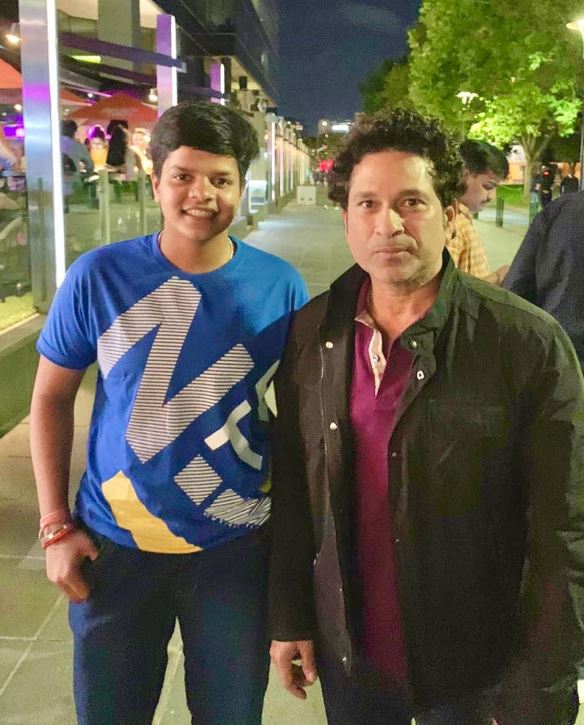

Shafali with her idol, Sachin Tendulkar
The journey continues…
A alumna of Mandeep Senior Secondary School, Rohtak registered yet another record to her name becoming the youngest cricketer ever to play in the final of the World Cup. Owing to her game, the cricketer moved 12 places up in the ODI batting rankings, to a career-best 36th rank.
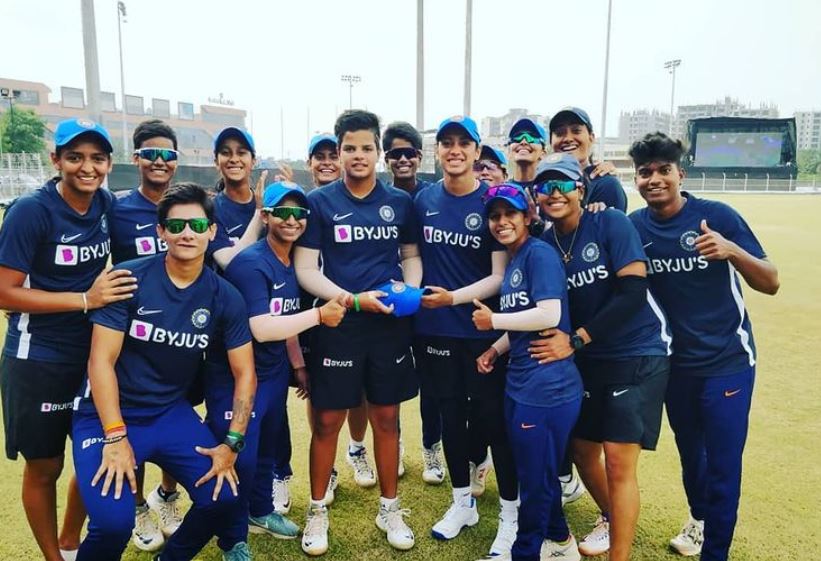

Shafali with Indian women’s cricket team
The Indian cricketer, who is a right-handed batswoman, has played a significant role in bringing India a 2-0 lead against Sri Lanka in the ten-team league ICC Women’s Championship (IWC) 2022-25 which is in its third iteration. There are many tournaments on the bay and Shafali is in a good form to make a mark in all the matches ahead.
Even though she is quite busy, the sportsperson always manages to find time between matches and practice sessions, to connect with her fans through social media.

